Gabe Hallberg and H Edwards, both MCAS ’26, called on the UGBC Senate to reflect on why its work does not always resonate with the student body, noting that it has not issued a formal statement in response to an Immigration and Customs Enforcement (ICE) vehicle sighting near campus.
“There was no mention of ICE being near here,” Edwards said. “I feel like the refusal to mention that on its own is egregious and also shows the student body that you will not stand in solidarity with them.”
Hallberg and Edwards spoke during the public comment portion of the Senate meeting Tuesday night, marking the third public comment students have made regarding the Sept. 6 ICE sighting.
According to Hallberg, student senators should reflect on why some students view UGBC negatively.
“A lot of people are not a fan of UGBC, or they think UGBC does nothing,” Hallberg said. “I actually think you should do better to understand why people hate you. The closest we had was the election last year. Out of the voting population, a majority of students did not vote for this government. They did not vote for the status quo.”
Hallberg offered his assessment of what the Senate can do to change this perception, arguing that it needs to pass more initiatives that directly address students’ concerns.
“I think the first thing in getting people to care about what you do is to care about what they’re doing,” Hallberg said. “If UGBC is passing initiatives and referendums saying, ‘We care for an LGBTQ Resource Center, we acknowledge that ICE is on campus—here are some resources,’ then, UGBC is people that care. Showing up for people is how they show up for you.”
Anika Obrecht, student senator and MCAS ’26, agreed with Hallberg that there is confusion about what UGBC does, contributing to students feeling disconnected from the organization.
UGBC is working to improve its student engagement efforts, Obrecht added.
“I agree that there needs to be these larger conversation spaces where people can feel like they’re in a community,” Obrecht said. “But I think it’s more of a question of, ‘How do we most effectively create those spaces?’”
For students to feel represented and supported by UGBC, Edwards said student senators should be more willing to challenge University administrators.
“If you actually showed yourself in opposition to administration, then students would be more drawn to you,” Edwards said.
Administrators’ restrictions concerning UGBC’s online presence also contribute to the student body’s negative perception of UGBC, according to Edwards.
“Administration watches your Instagram, administration says that you can and cannot post,” Edwards said. “If the administration has to do that, that’s what actual free speech violations look like.”
Addie Weiss, student life committee chair and MCAS ’27, said the relationship between UGBC, the student body, and the administration is “messy,” adding that the administration’s support is necessary.
“We’re not just voices of the students to the administrators, and we’re not just a puppet for the administrators to get back to the students,” Weiss said. “We fall somewhere in the middle, and we are representatives of the students. But we can’t do anything for the students if the administration doesn’t trust us and have foundational relationships built with us.”
According to Edwards, the well-being of student minorities should be prioritized over small policy initiatives.
“I would rather have a student government that doesn’t get the nuts and bolts done than sell itself out and not protect students,” Edwards said, “I have watched students who are supposed to represent the student body make compromises that actively harm Black and brown students, Arab students and Muslim students, queer students, students with vulnerable identities as it pertains to immigration services—all to put a printer in a dorm.”



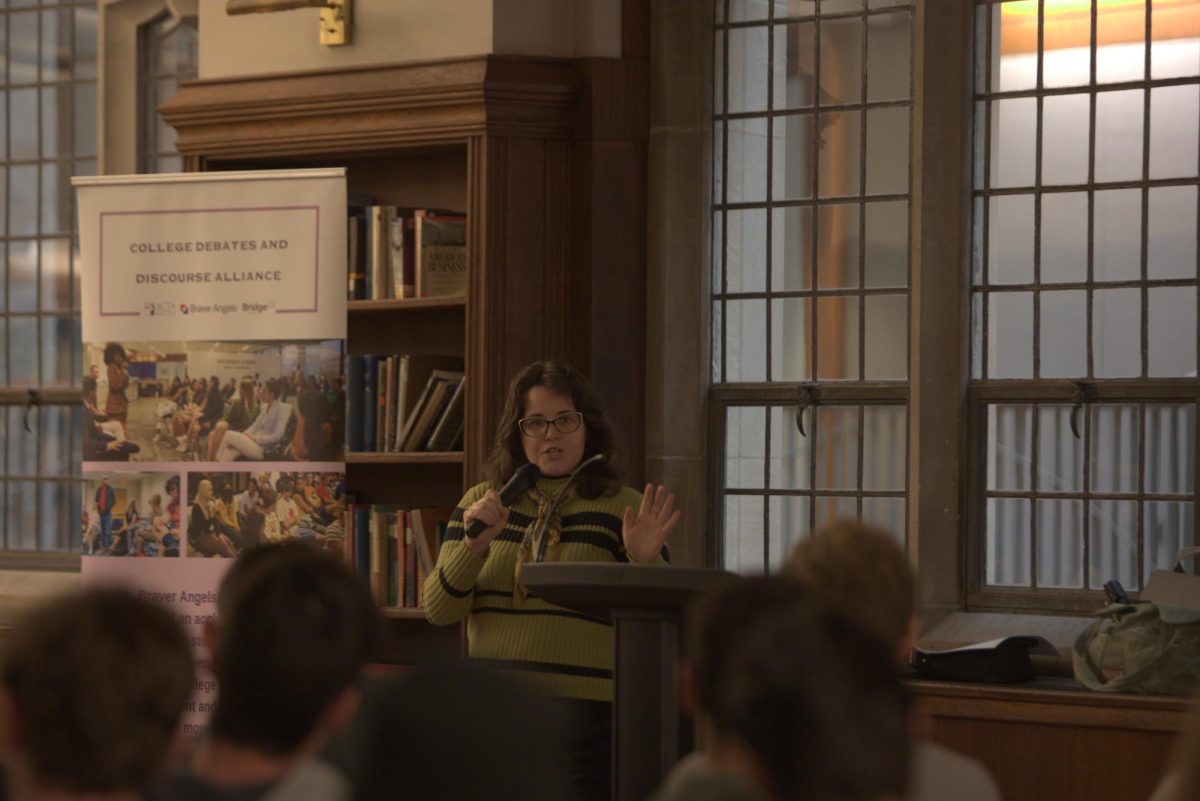




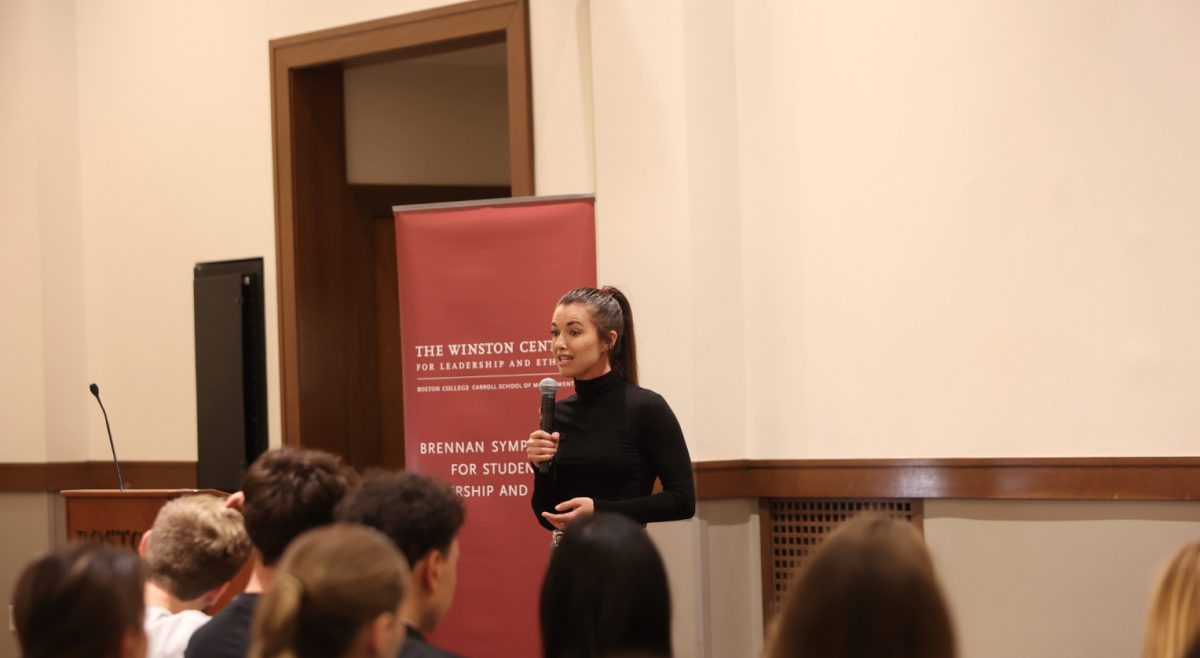

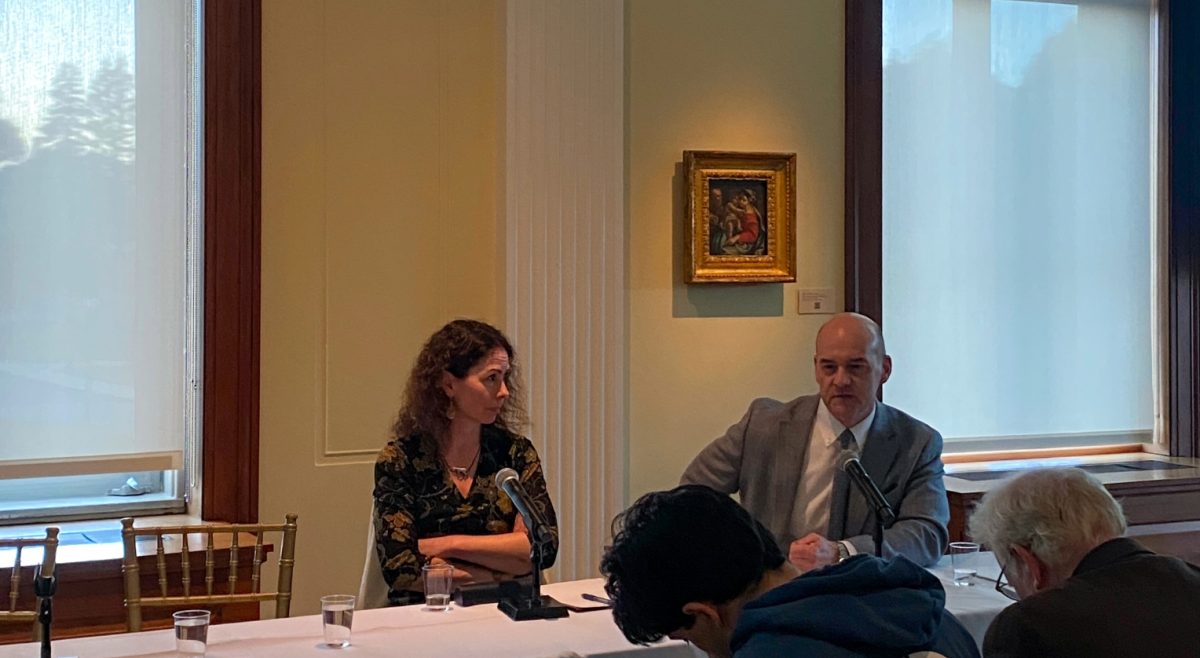

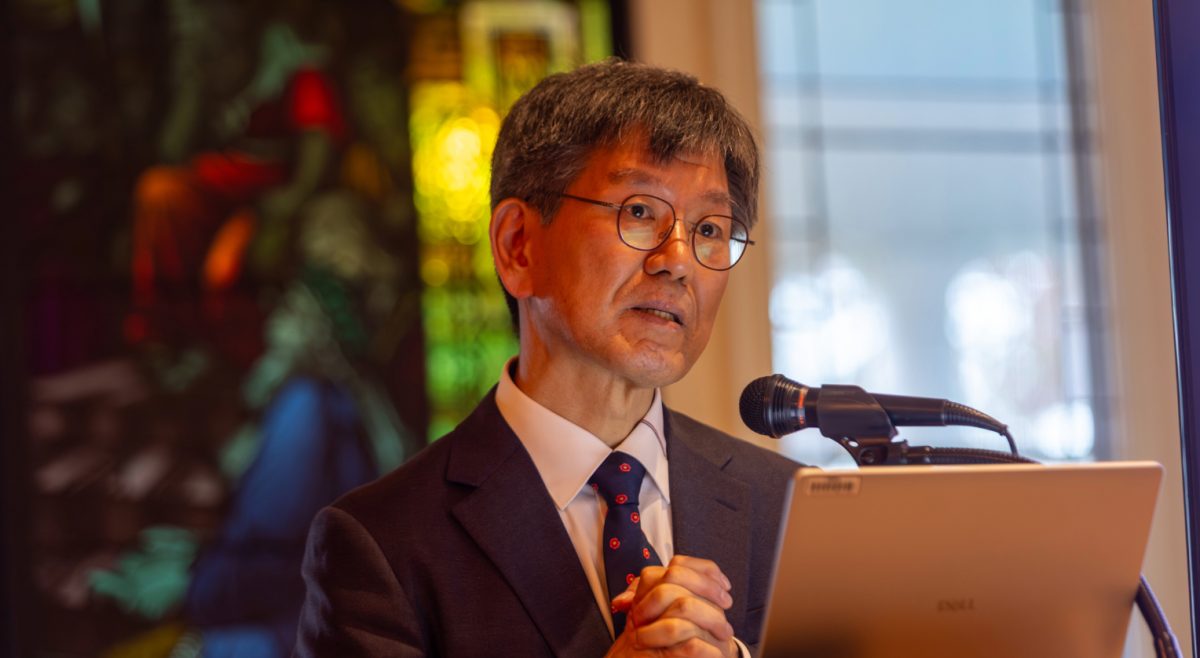

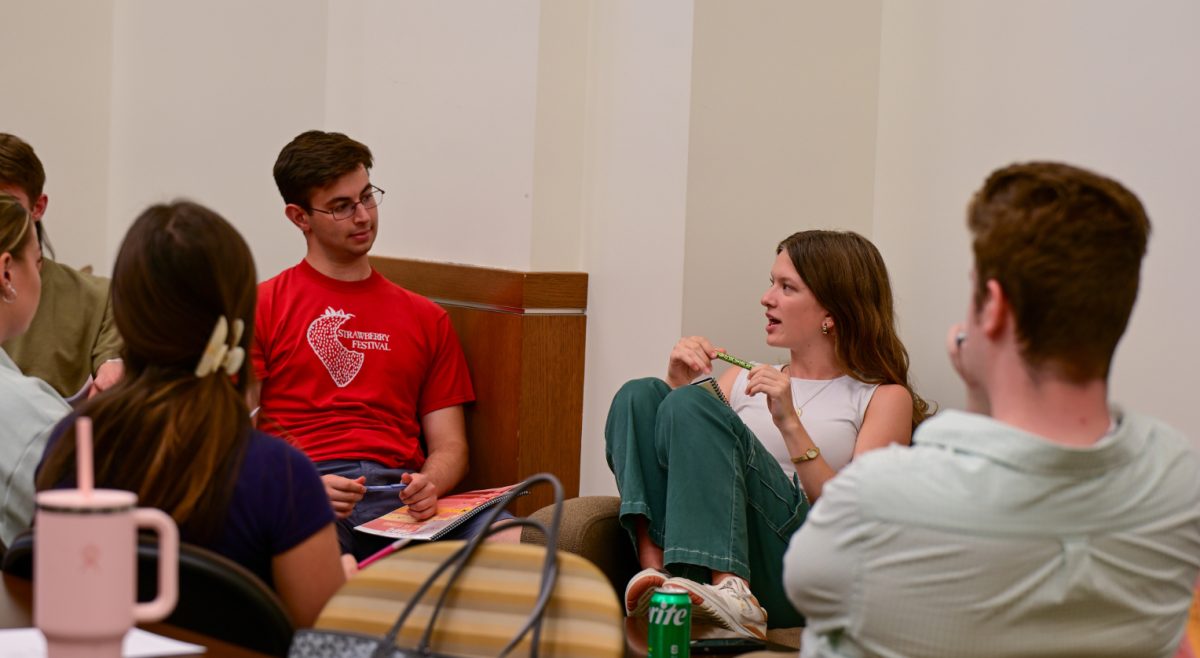

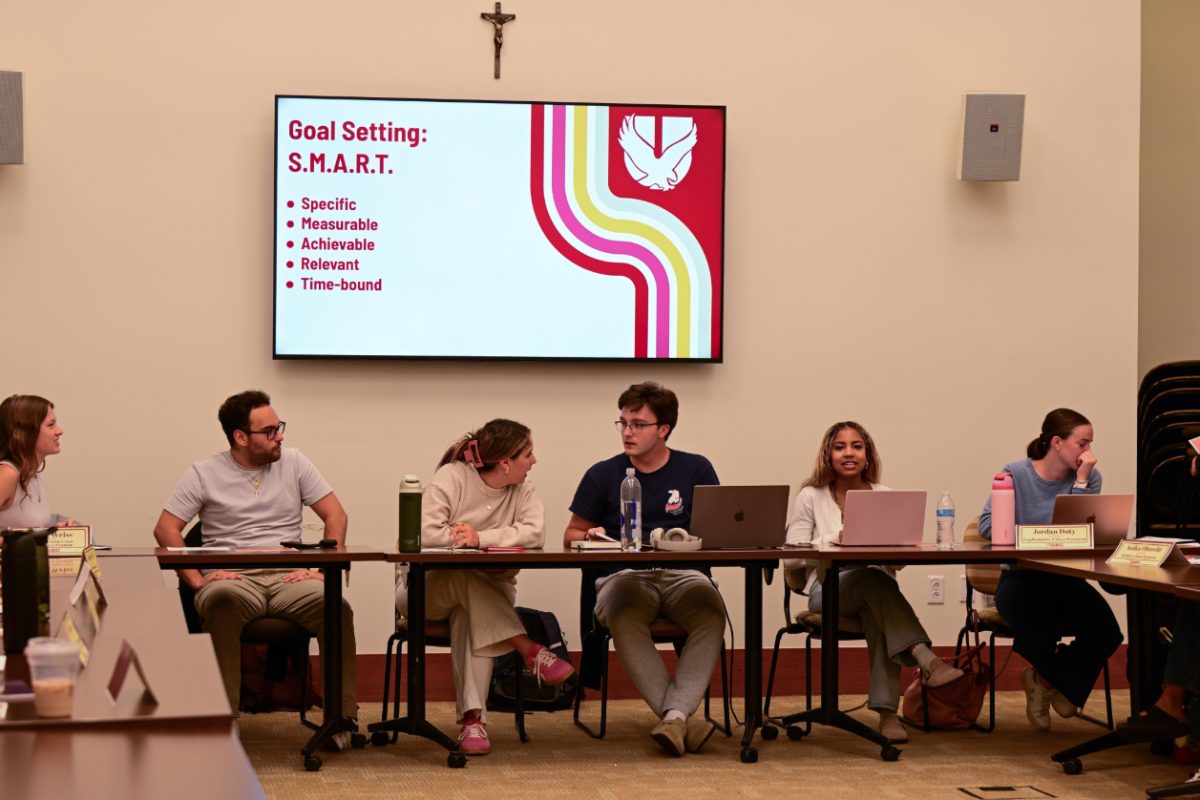

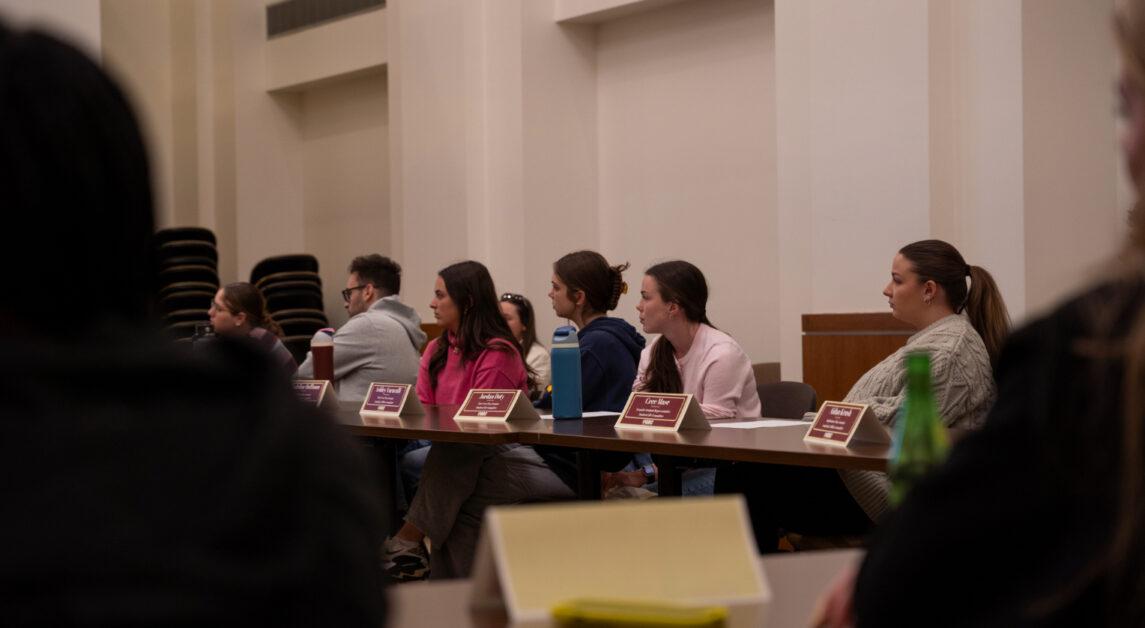
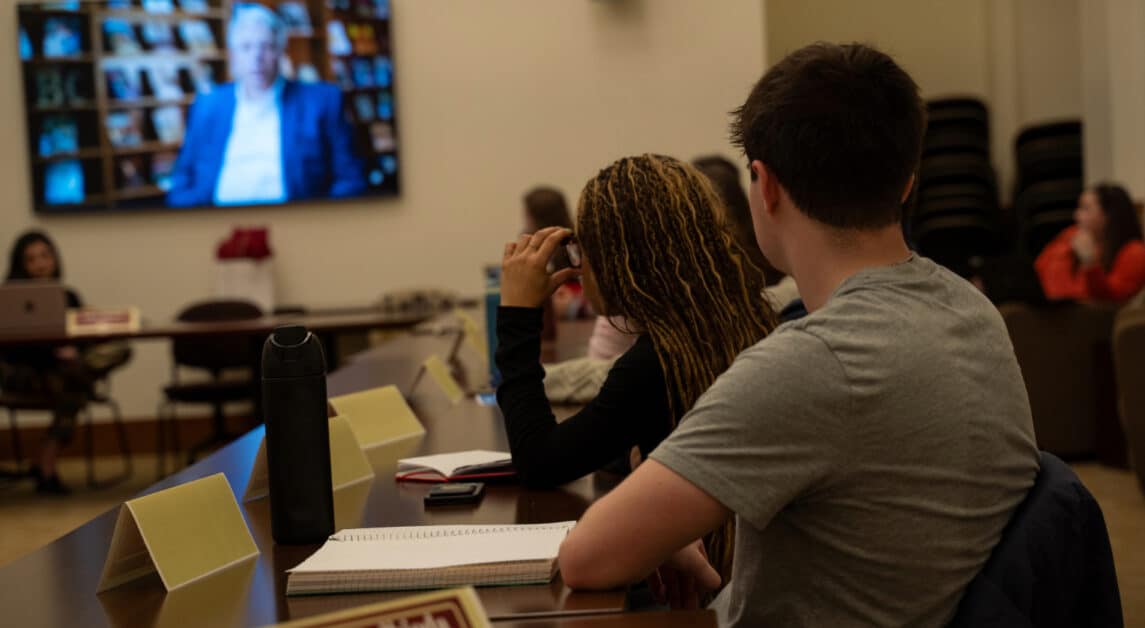
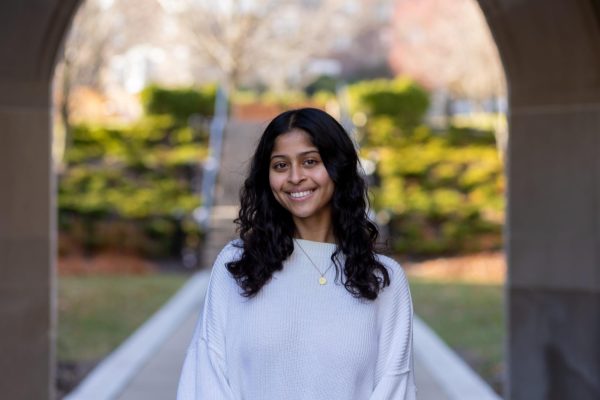
M. E. Herlihy • Oct 1, 2025 at 6:11 pm
This piece cries out for deeper reporting on the issue. How does UGBC see itself, especially in its role as an interface with the administration? Does the administration micromanage UGBC’s expression of views on social media? Who in the administration play(s) that role, if anybody does? Does UGBC have a charter that students can access?
Many questions. The answers might be interesting.
Ricardo Perez • Oct 1, 2025 at 9:33 am
Thank you BCHeights for not sanitizing these very real critiques against UGBC. If our student leaders will not exercise moral courage, who will?